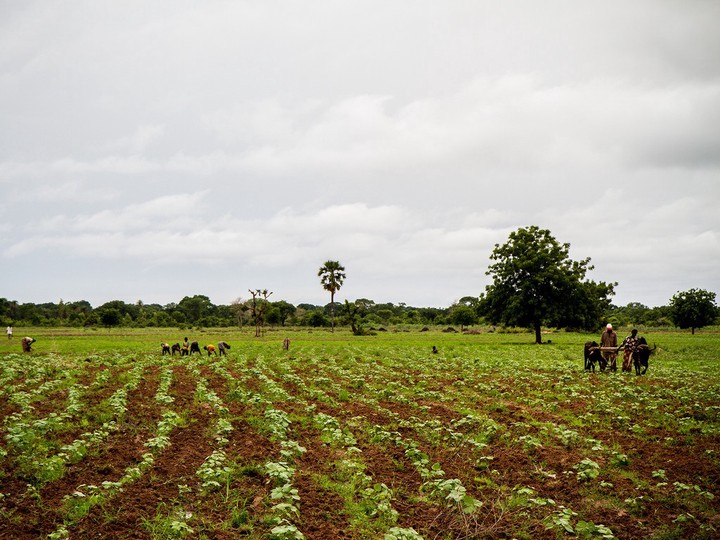Determinants of Migration: Cotton Strikes and Income Shocks in Mali

Abstract
How does a transitory income shock affect household migration decisions in low-income countries? This work studies how income losses from a cotton strike that affected Malian districts differentially changed agricultural household migration choices. The short duration and geographic specificity of the strike allows us to cleanly identify the long-run impact of a sudden change in household income on migration choices.We show that a drop in income precipitated by the strike reduced household migration rates by approximately 32% over a six-year period. Robustness checks and a randomized inference placebo test corroborate the validity of the result. Our results demonstrate how not having cash-on-hand is a binding constraint to labor migration for a poor population, which has implications for the design of economic development policies that seek to reduce migration rates.